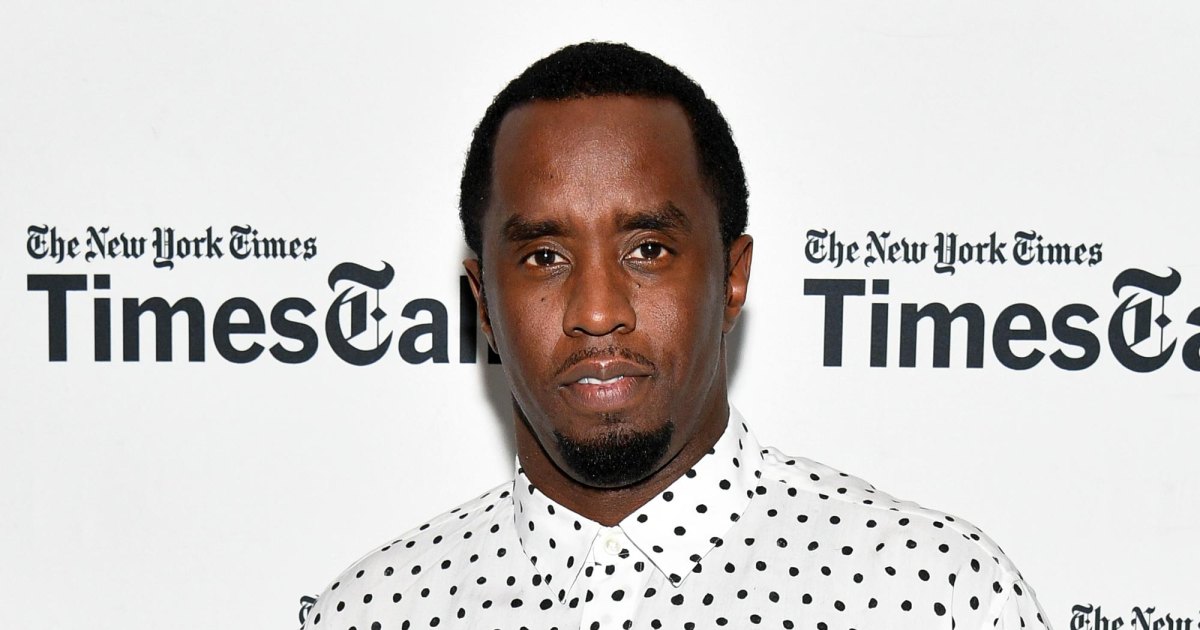Unpacking the Influence of Cassie Hotel Footage on Diddy’s Trial Jury Selection
The recent release of surveillance footage showing singer Cassie Ventura in a hotel altercation with Sean “Diddy” Combs has sparked intense debate about its potential to influence jury selection in the music mogul’s upcoming trial. Legal analysts suggest the video, which surfaced last month, could complicate efforts to seat an impartial jury as it dominates headlines and social media discussions.
How the Video Reshapes Public Perception
The 2016 footage, obtained by CNN, shows Combs physically assaulting Ventura in a Los Angeles hotel hallway. While the incident occurred years before Ventura filed her explosive lawsuit alleging years of abuse, legal experts argue its visceral nature may overshadow other evidence in the court of public opinion.
“Video evidence has an outsized impact on jurors’ subconscious,” explains Dr. Emily Warren, a jury consultant with 15 years of experience. “Even with rigorous voir dire, it’s challenging to find jurors who haven’t formed preliminary opinions after seeing such graphic footage.”
Recent studies support this concern:
- 72% of potential jurors admit visual evidence affects their judgment more than testimony (American Bar Association, 2023)
- High-profile cases see 40% longer jury selection periods when viral evidence exists (National Center for State Courts)
The Defense’s Uphill Battle
Combs’ legal team faces multiple hurdles following the video’s release. Criminal defense attorney Marcus Holloway notes: “They’ll need to identify jurors who can separate emotional reactions from factual analysis. This requires extensive questioning about media consumption habits and preconceived notions about domestic violence.”
The defense strategy may involve:
- Requesting a change of venue to less media-saturated areas
- Challenging potential jurors who’ve engaged with related social media content
- Presenting counter-narratives about the video’s context during selection
Prosecution Advantages and Ethical Considerations
Prosecutors could leverage the footage to establish a pattern of behavior, though they must avoid prejudicing the jury pool. “There’s a delicate balance,” says former federal prosecutor Lina Rodriguez. “While the video appears damning, the court will caution against assuming it proves all allegations in Ventura’s civil suit or potential criminal charges.”
Key ethical boundaries include:
- Restricting discussion of the video during voir dire to avoid tainting the pool
- Avoiding leading questions that presuppose Combs’ guilt
- Ensuring jury instructions clearly define the video’s limited evidentiary scope
Social Media’s Uncontrollable Influence
Unlike traditional media, social platforms present unique challenges for jury selection. A 2024 Pew Research study found:
- 58% of adults learn about legal cases through social media first
- 32% share opinions on high-profile cases before trial
“Platform algorithms amplify emotionally charged content,” warns media psychologist Dr. Terrance Wu. “The Cassie video has generated over 200 million views across platforms, creating an unprecedented awareness challenge for the court.”
Potential Outcomes and Next Steps
Legal observers anticipate several possible developments:
- Extended voir dire: Judges may question potential jurors for hours rather than minutes
- Sequestration: Rare in pre-trial phases but possible given the publicity
- Gag orders: Restrictions on attorneys discussing the video publicly
As jury selection begins next month, all parties will navigate uncharted territory in the digital age. “This case could set important precedents for handling viral evidence in high-profile trials,” concludes Warren. “The system must adapt to ensure fair proceedings amid today’s media landscape.”
For those following the case, legal analysts recommend focusing on court filings rather than media commentary to understand the evolving situation. Subscribe to verified legal news sources for unbiased updates as the trial progresses.
See more The Buzz Live

